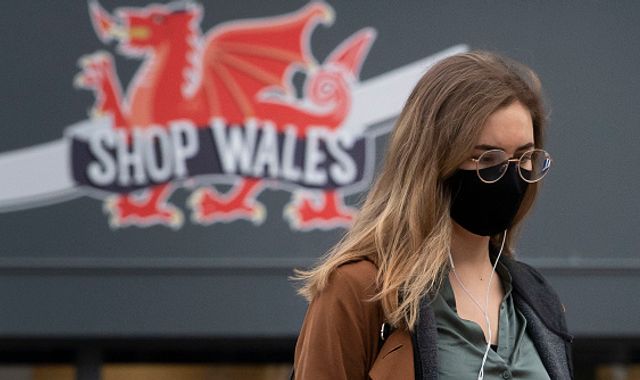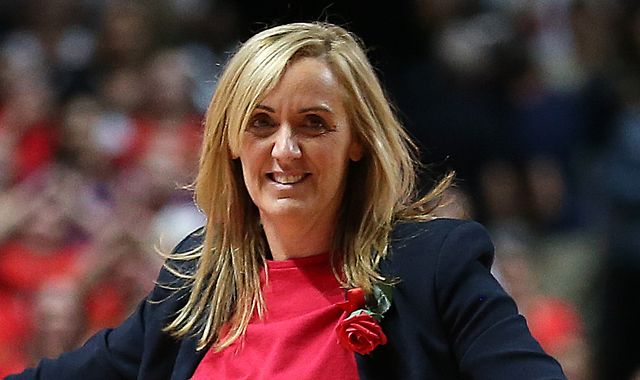COVID-19: BAME communities less likely to take coronavirus vaccine, ONS figures suggest
Written by News on 29/01/2021
People from ethnic minority backgrounds are far less likely to take the COVID-19 vaccine, according to new data.

The Office for National Statistics (ONS) said only 49% of 150 black or black British adults said they would be likely to get a COVID-19 vaccine, compared with 85% of 13,240 white adults.
Live COVID updates from the UK and around the world
More than a quarter (28%) said they would be unlikely to do so, as did 7% of white adults.
Some 13% of 170 people with mixed ethnicity and 8% of 460 Asian or Asian British adults said they would be unlikely to get a jab.
The data comes after black Conservative and Labour politicians made a video to “unite against the spread of vaccine misinformation” and tell people it is safe to take the vaccine.
Vaccines minister Nadhim Zahawi also said he is concerned the take-up of the jab might be lower in black, Asian and minority ethnic (BAME) communities.
The data released today showed that overall, 88% of adults said they would be very or fairly likely to have the vaccine if offered.
Some 4% were very or fairly unlikely and less than 1% said they had declined the offer of a vaccine.
The ONS analysed data from 10 December to 10 January to examine attitudes towards vaccination of more than 14,000 people in Britain and how this may vary by sex, age, disability, ethnicity, health and region.
The survey did not include adults living in care homes or other establishments, so does not address vaccinations in these settings.
It said the findings should be treated with caution, as some of the subgroups analysed had small sample sizes.
Earlier this month, Scientific Advisory Group for Emergencies (SAGE) also released a document which found that vaccine hesitancy was highest in black or black British groups, with 72% stating they were unlikely/very unlikely to get the jab.
NHS England has said it is “supporting local authorities in their vital work with their diverse communities and faith groups to promote vaccine acceptance and willingness to accept the vaccination offer”.
The ONS also found that younger adults were less likely to take the vaccine if offered compared with older adults, and rates were lower in women compared with men.
The biggest gender difference was for those aged between 30 and 49, with 76% of women and 82% of men likely to have a vaccine.
Subscribe to the Daily podcast on Apple Podcasts, Google Podcasts, Spotify, Spreaker
This gap was present among younger age groups but disappeared among the over-70s.
Examining the reasons among those who said they were unlikely to get a jab overall, 48% said they were worried about potential side-effects, 46% about any long-term health impact, and 44% wanted to wait to see how well the vaccine works.
But reports of serious side-effects, such as allergic reactions, have been very rare, and no long-term complications have been reported, the NHS says.
(c) Sky News 2021: COVID-19: BAME communities less likely to take coronavirus vaccine, ONS figures suggest







